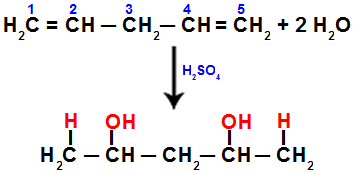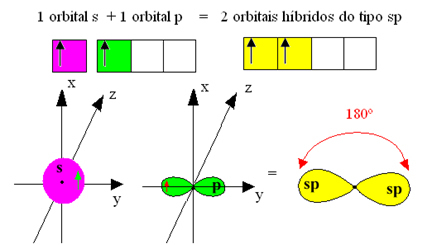Richelieu's Paris-born French cardinal and politician, who as prime minister of Louis XIII established absolute monarchy, as well as obtaining hegemony in Europe for France. He studied to be a military man, but opted for religious training and was ordained (1606) and became a bishop (1608), taking over the diocese of Luçon, granted to his family by Henry III.
Appointed secretary of state (1616) by the Queen Regent Maria de Medici, he withdrew to Avignon after her deposition. Summoned back to Paris shortly thereafter, he was appointed cardinal by the pope (1622), who thus complied with a request from the French sovereign Louis XIII, and gradually gained the monarch's full confidence. He was appointed Prime Minister (1624) and, in a short time, became the absolute master of France. Politically, he attacked the power of the aristocratic nobility, banned duels and instituted the death penalty as the maximum penalty. It ended the political power of the Huguenots, guaranteeing them only freedom of worship.
He annihilated several conspiracies to try to overthrow him from power, mainly organized by the aristocracy, and was named duke (1631) by the king. Administratively his government was repressive but successful: the power of the feudal lords was broken and France unified under royal hegemony. He reorganized the country, with the creation of the position of royal intendant in the provinces and the establishment of a tax legislation and implemented economic measures oriented towards capitalism mercantilist. In obedience to the resolutions of the Council of Trent, he reformed the French clergy and ushered in the epoch of great bishops and sacred orators. He also reorganized the Sorbonne and founded the French Academy, harbingers of the great century of French civilization.
He externally intervened in the Thirty Years' War on the side of the Protestant princes and financed the Swedes' campaigns against the Emperor. He also intervened in Italy, participating in the war of succession to Mantua and subduing the resistance of Duke Charles Emanuel I of Savoy, and establishing an alliance with Piedmont against the Spaniards. Declared war on Spain (1635), supported restoration in Portugal (1640) and occupied Roussillon (1642), however, he died in Paris before the signing of the Peace of Westphalia, which ended the war of the thirty years.
He was the greatest statesman of the Old Regime and summarized his ideas on foreign policy in his Testament politique, a book that would be the favorite reading of Louis XIV and Napoleon I. The work was also studied by De Gaulle, who described his action as decisive in making France a modern state.
Source: http://www.dec.ufcg.edu.br/biografias/
Order R - Biography - Brazil School
Source: Brazil School - https://brasilescola.uol.com.br/biografia/armand-jean-du.htm



